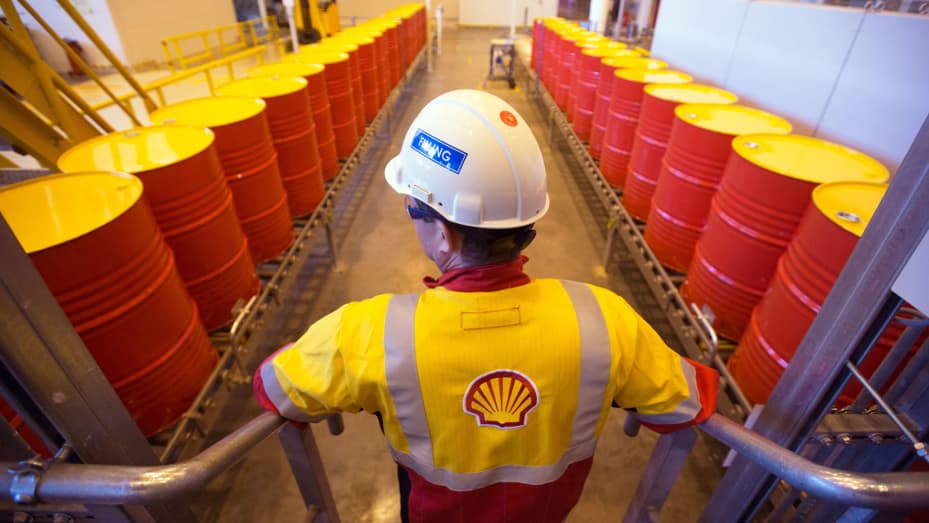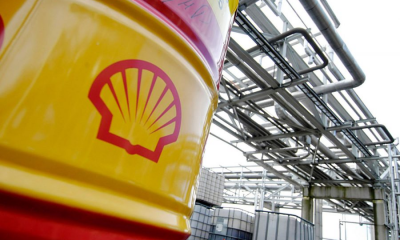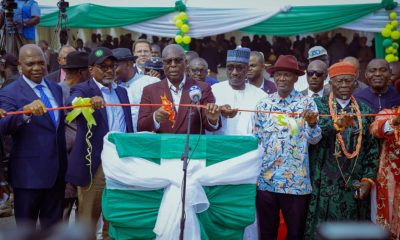Shell Plc has reached an agreement to sell its Nigerian onshore oil assets to a local consortium for over $1.3 billion, pending government approval.
Shell’s Integrated Gas and Upstream Director, Zoe Yujnovich, confirmed this in a statement on Tuesday, where he highlighted the significance of the deal, emphasizing the company’s focus on streamlining its portfolio and directing disciplined investments towards deepwater and integrated gas ventures in Nigeria.
This move aligns with Shell’s strategic objective to exit the challenging operating environment in the Niger Delta region. In addition to the initial sum, Shell anticipates receiving extra payments of up to $1.1 billion.
The purchasing consortium, named Renaissance, comprises ND Western, Aradel Energy, First E&P, Waltersmith, and Petrolin.
In 2021, Shell announced its intention to divest its Nigerian onshore assets due to the incompatibility of its long-term energy transition strategy with the challenges of operations in Nigeria, marked by theft and oil spills.
READ ALSO: Shell pledges support for FG’s effort to preserve Oloibiri heritage
Former CEO Ben van Beurden cited a surge in sabotage, resulting in near-lawlessness beyond the company’s control. The stake drew interest from local producers such as ND Western, Heirs Oil and Gas Ltd., Seplat Energy Plc, and Sahara Group Ltd.
After a pause in the divestment process in 2022, Shell resumed talks in June 2023 to sell its 30 per cent interest in the joint venture known as SPDC, operating onshore and in shallow-water oil and gas fields.
This venture involved Eni SpA, TotalEnergies SE, and the Nigerian National Petroleum Co. Ltd. The pause was prompted by a lawsuit at Nigeria’s Supreme Court, with a lower court instructing Shell not to sell assets before resolving a dispute with a Niger Delta community over alleged pollution.
With President Bola Tinubu’s new administration, which began in May, advisers recommended closing outstanding divestments sought by international oil producers to enhance petroleum output.
This move aligns with the government’s strategy to address challenges in the oil sector and foster increased production.

 Health & Fitness4 days ago
Health & Fitness4 days ago
 Aviation6 days ago
Aviation6 days ago
 Featured1 week ago
Featured1 week ago
 Aviation5 days ago
Aviation5 days ago
 Aviation5 days ago
Aviation5 days ago
 Business1 week ago
Business1 week ago
 Aviation5 days ago
Aviation5 days ago
 Aviation4 days ago
Aviation4 days ago










